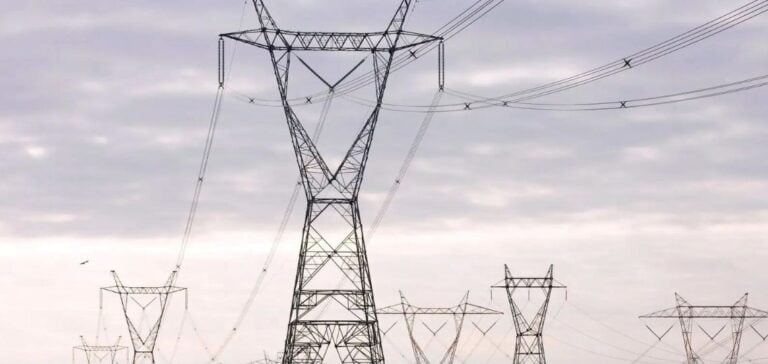In 2022, the number of people in the world without access to electricity rose for the first time in ten years. According to a joint report by the IEA (International Energy Agency), the UN, the World Bank, IRENA (International Renewable Energy Agency) and WHO (World Health Organization), 685 million people were without electricity, 10 million more than in 2021. This trend reversal is due to population growth outstripping that of electricity connections, against a backdrop of energy crisis, inflation and geopolitical tensions.
Impact of crises on access to electricity
The Covid-19 crisis, soaring energy prices caused by the war in Ukraine, instability in the Middle East, and droughts and floods in sub-Saharan Africa have all contributed significantly to this situation. In addition, 2.1 billion people still rely on unhealthy cooking systems using charcoal, dung, wood or agricultural waste. This equipment is responsible for 3.2 million premature deaths every year, underlining the urgent need to find safer, more sustainable energy solutions.
Progress and challenges in renewable energies
At the same time, the report highlights solid growth in renewable energies, particularly in the wind and solar sectors. In 2022, renewable energy production capacity reached a new record, with an average of 424 watts per capita. Global renewable electricity consumption has increased by more than 6% compared to 2021, representing 28.2% of total electricity consumption. Despite this increase, financial support for decarbonized energies in developing countries, although up 25% by 2022 to $15.4 billion, remains below the peak of $28.5 billion reached in 2016. However, current efforts are not enough to achieve the UN’s Sustainable Development Goals for energy by 2030. These targets include tripling renewable energy production capacity. Projections indicate that by 2030, 660 million people will still be without electricity, 85% of them in sub-Saharan Africa. In addition, around 1.8 billion people will continue to rely on harmful cooking systems. Experts point out that there are solutions to reverse this negative trend. Guangzhe Chen, head of the World Bank, stresses the importance of accelerating the deployment of solar mini-grids and solar home systems. These measures could improve access to electricity in the worst-affected regions and help reduce premature deaths linked to unsafe cooking practices.
Although significant progress has been made in developing renewable energies, much remains to be done to guarantee universal access to electricity and safe cooking solutions by 2030. Efforts must be stepped up to meet the challenges posed by population growth and geopolitical crises, while continuing to promote investment in sustainable energy technologies.





















